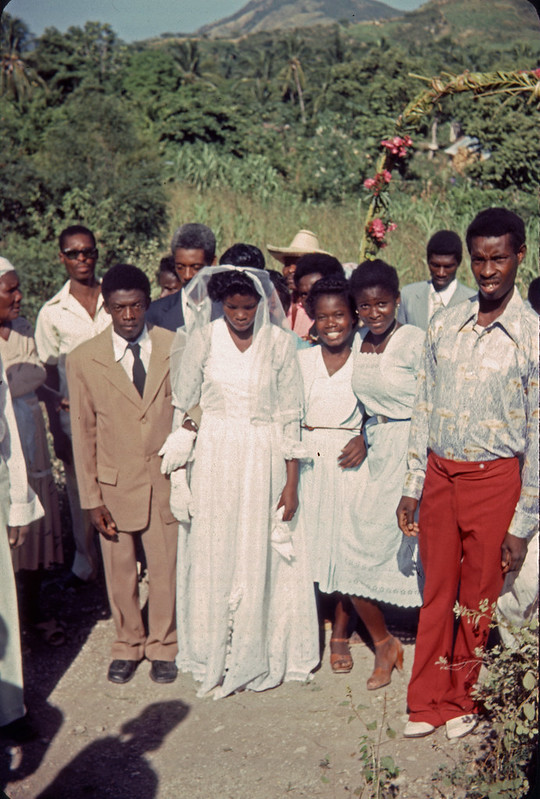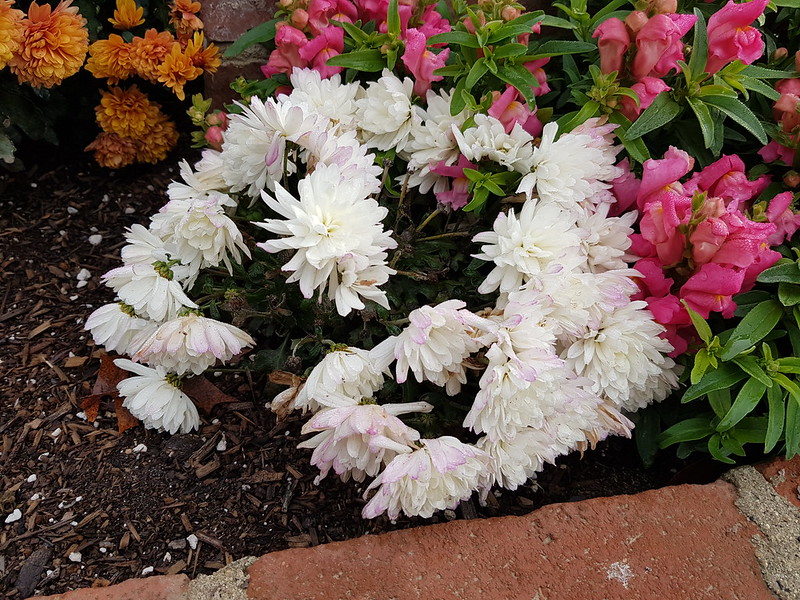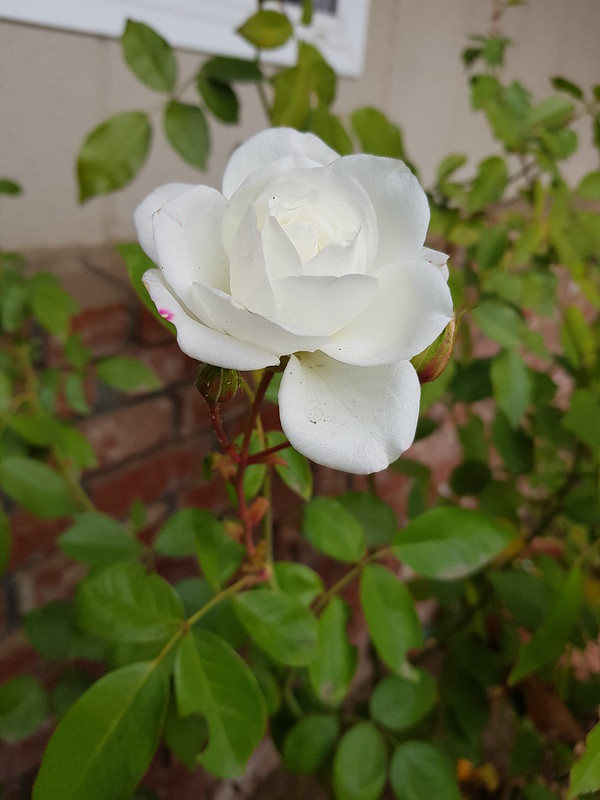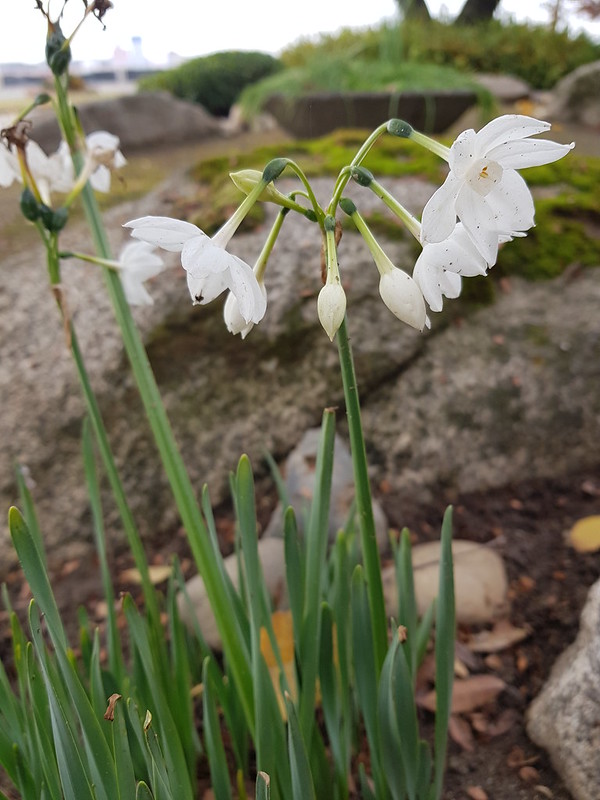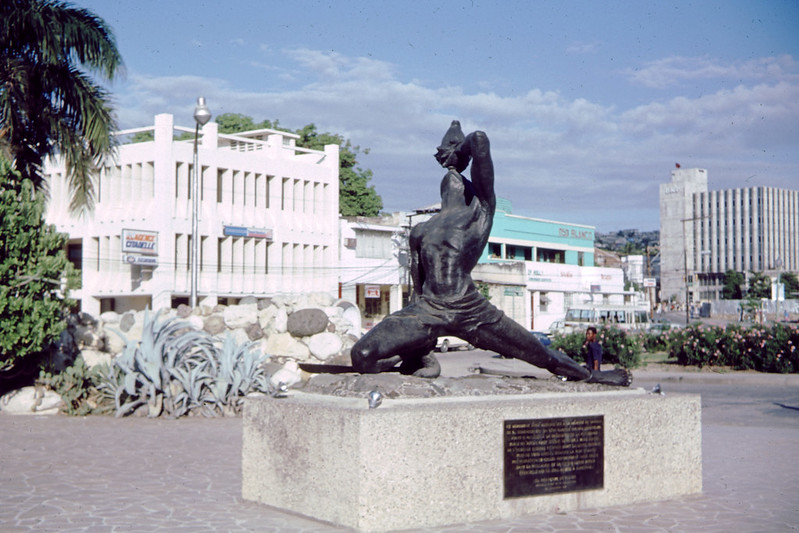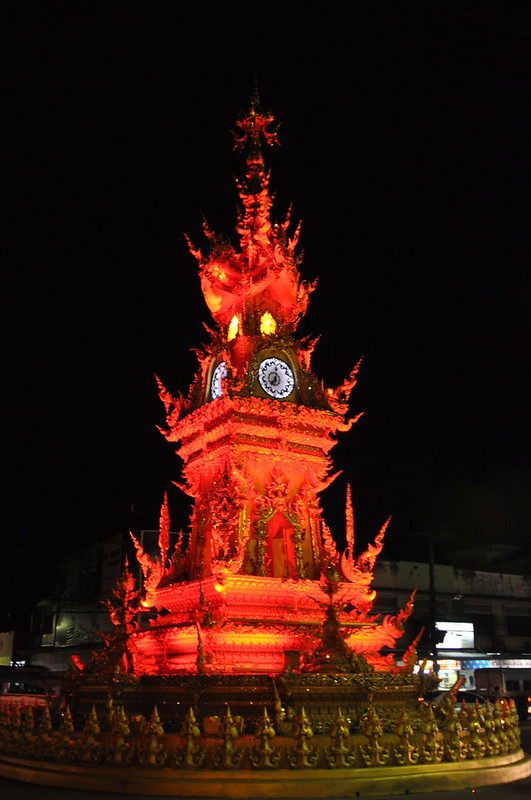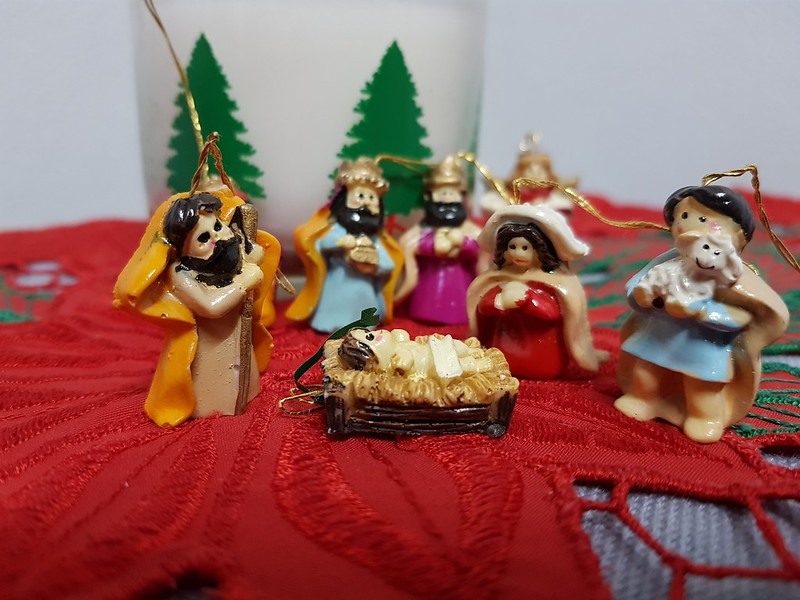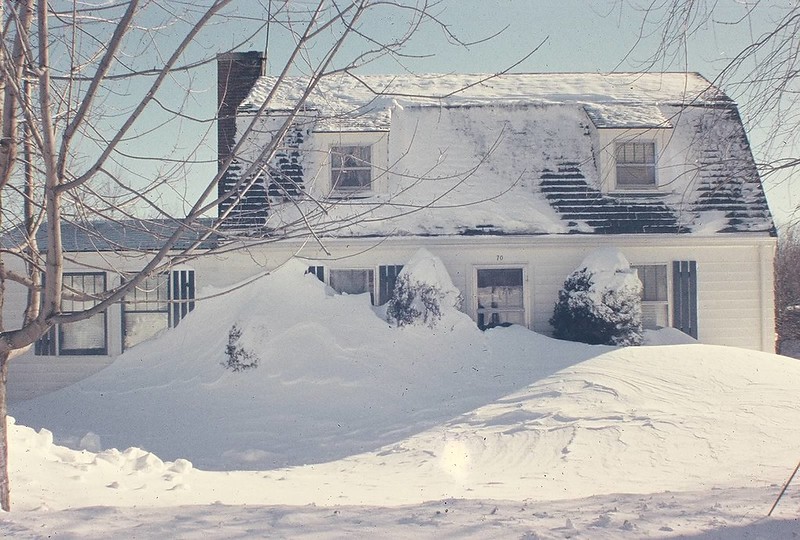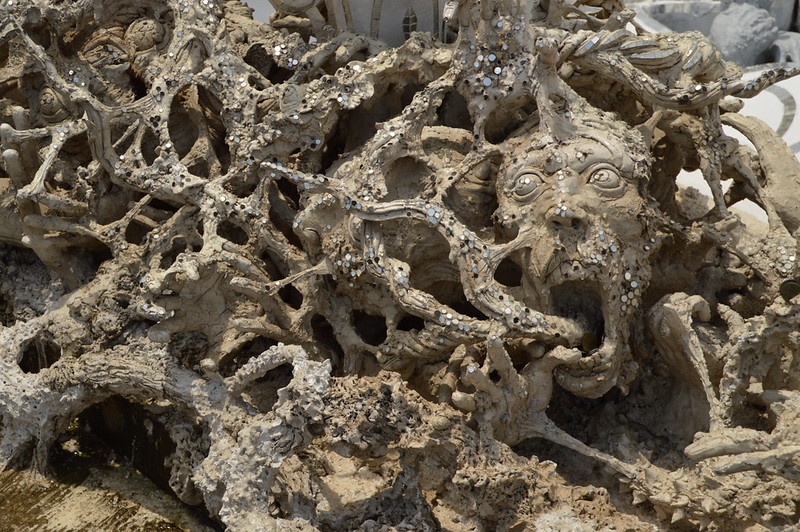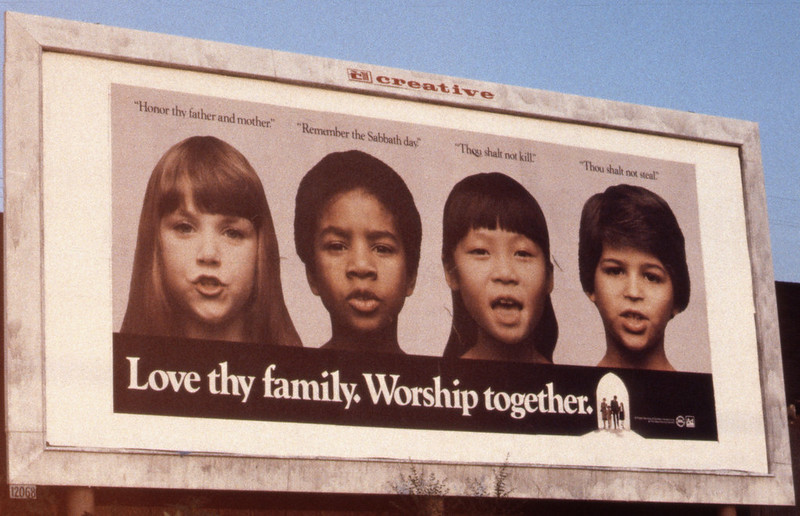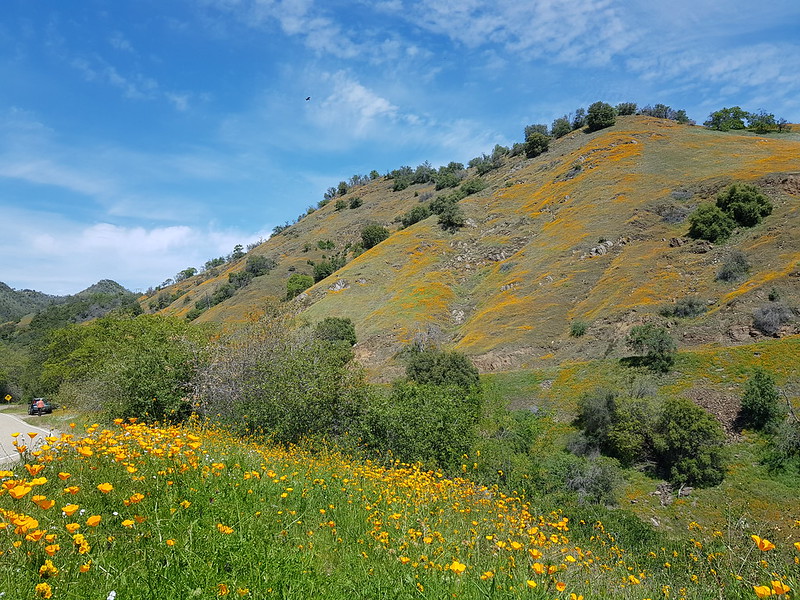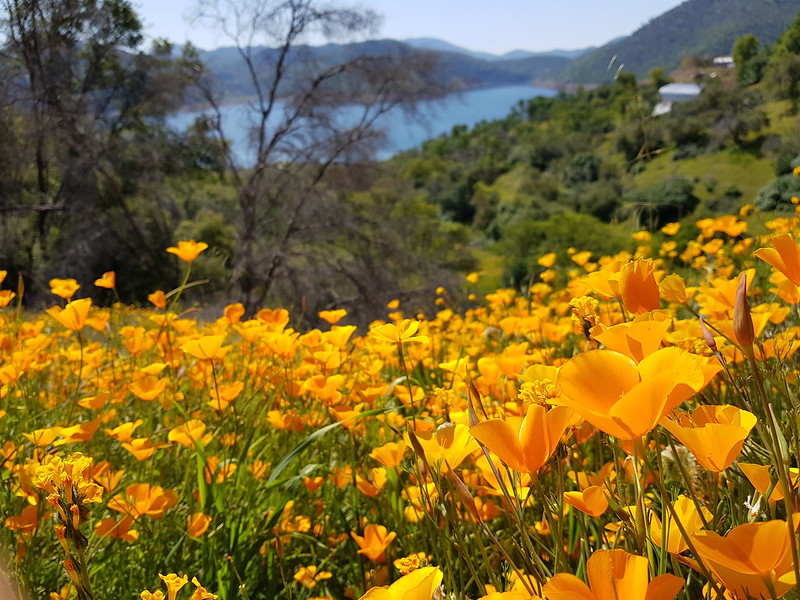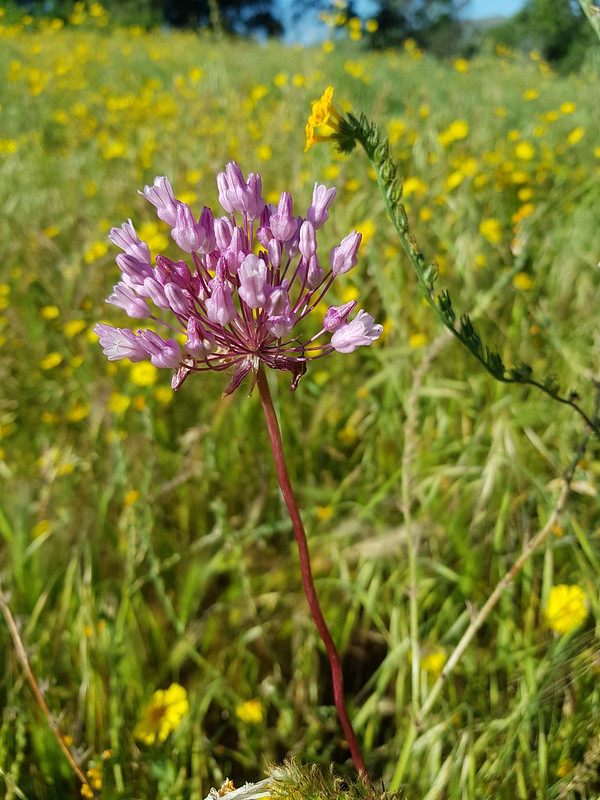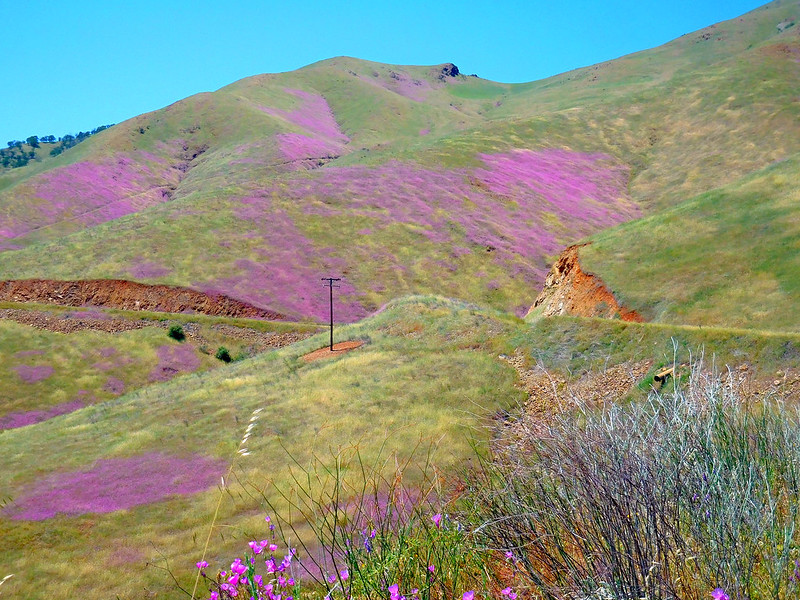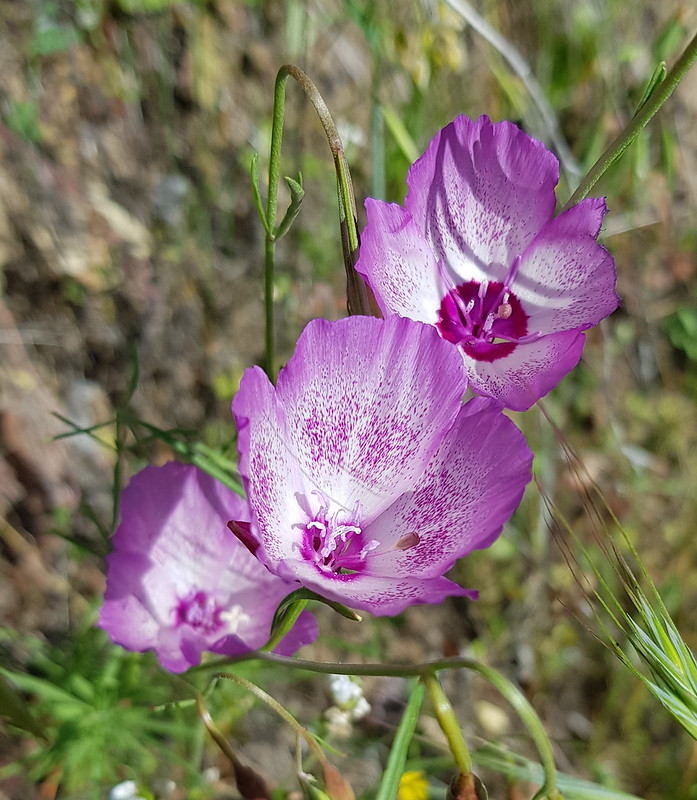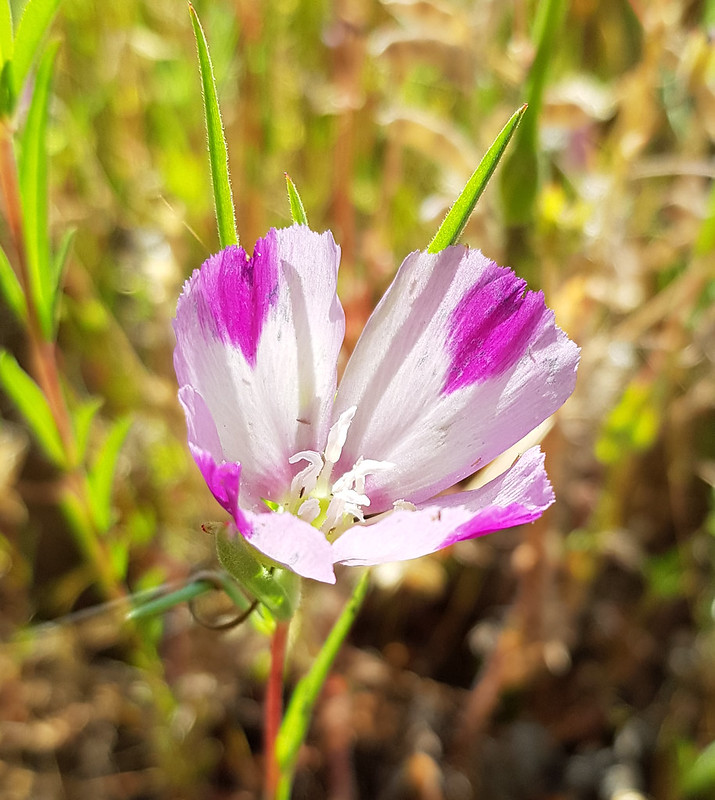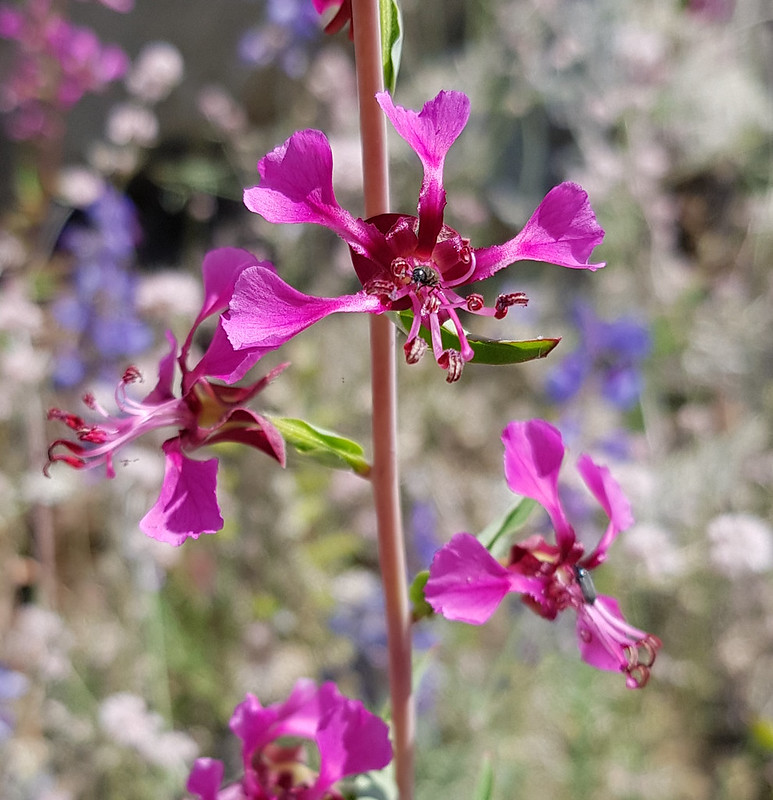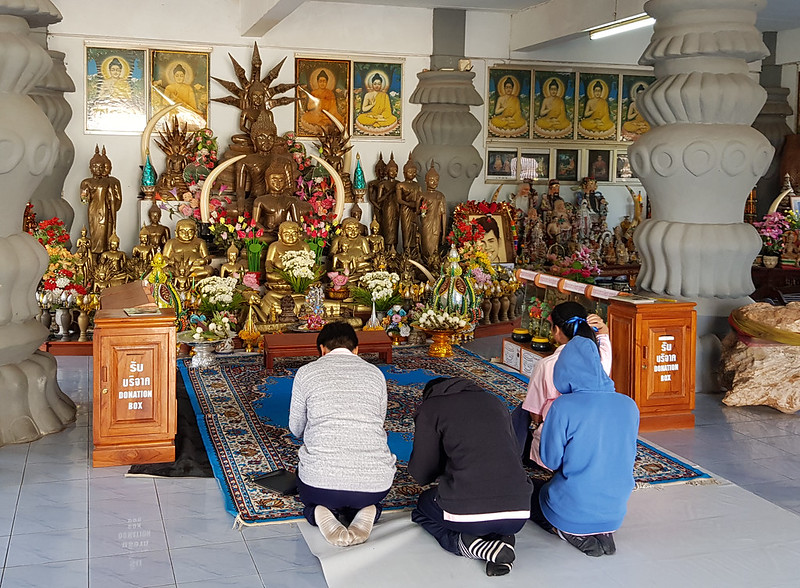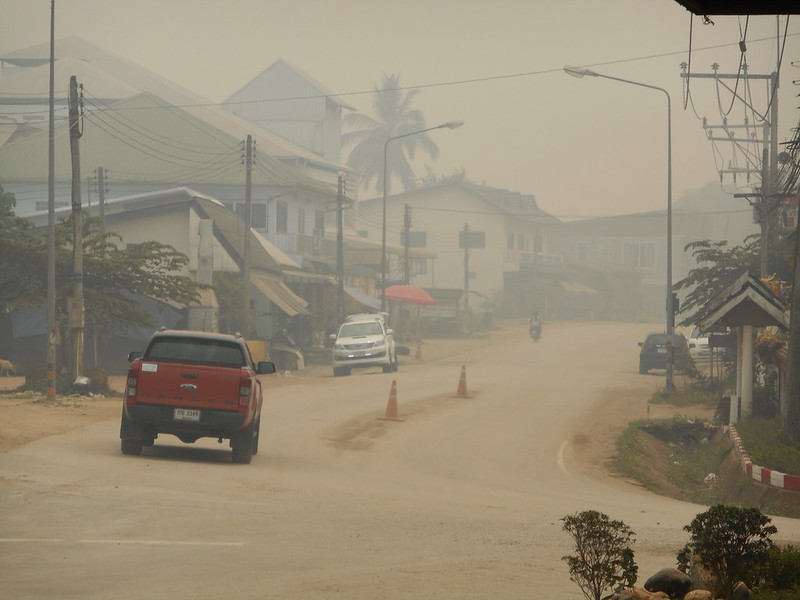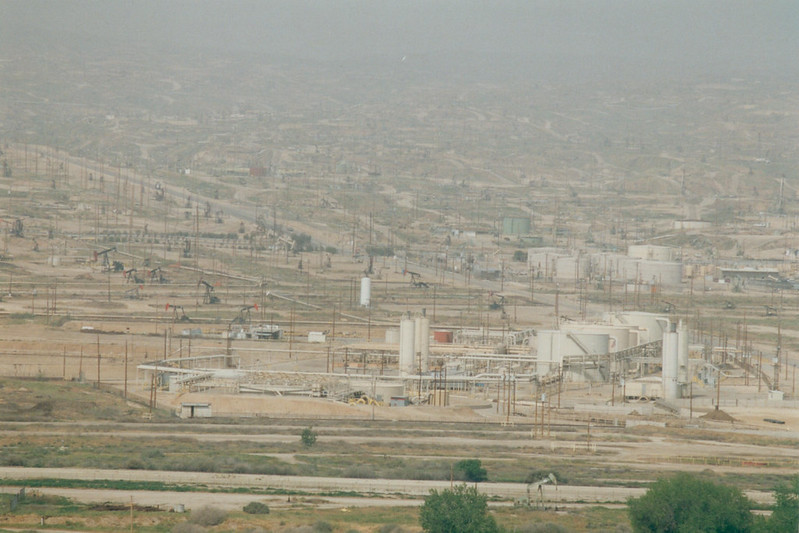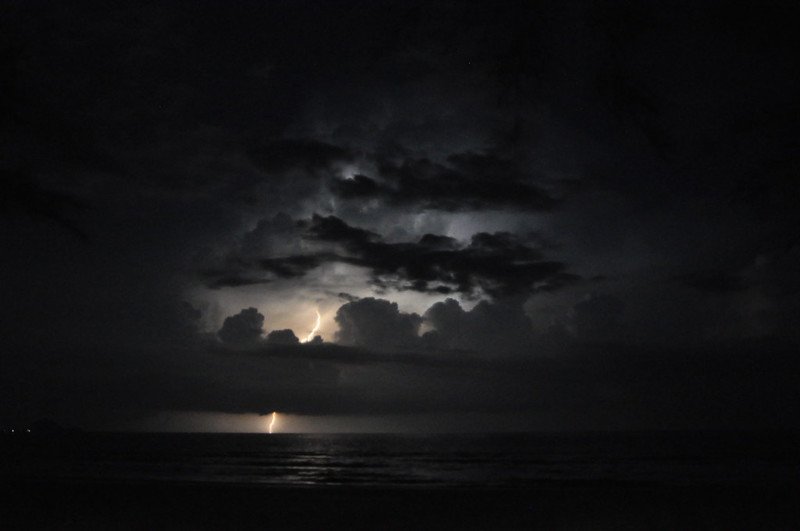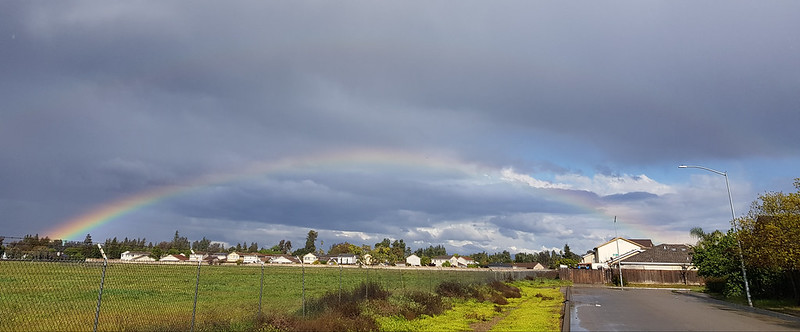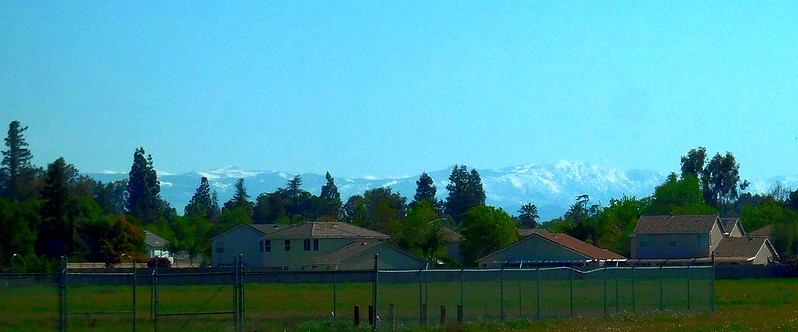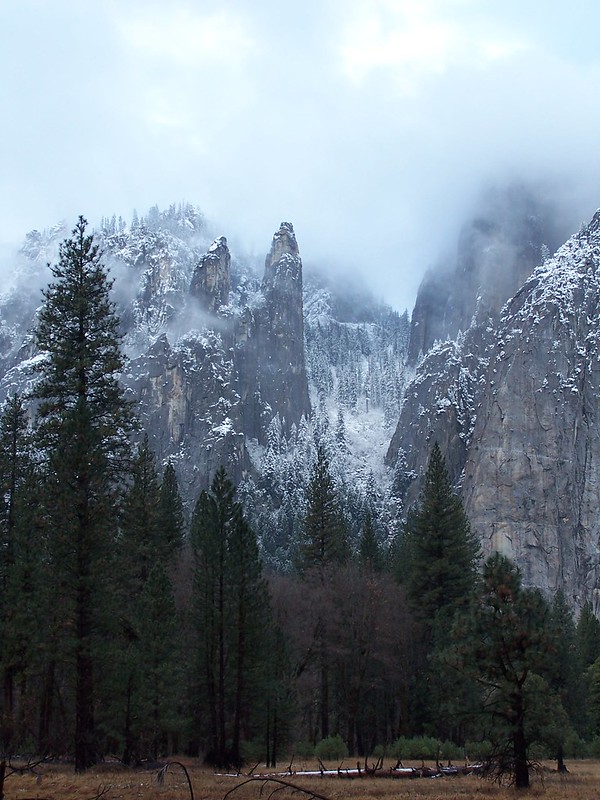January - Little House on the Prairie
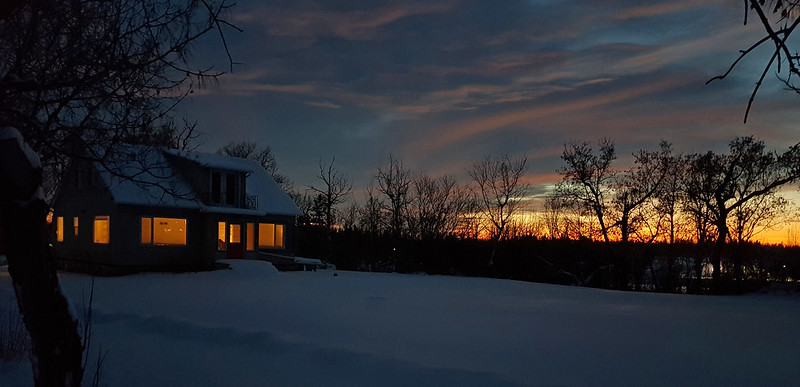 |
| Winter Evening in Barrhead, Alberta |
January began as the whole year ended up—not as planned. We anticipated a challenging month as we were preparing to return to North America for a couple of months so there were a lot of things to do to get ready for that as well as challenges related to our visa in Thailand. Then, ten days before we were to leave, Ingrid fell and suffered a concussion. As a result, a lot of prep work never happened. Upon arrival in Canada, things also weren't on schedule, so we ended up switching some dates around and managed to get to Alberta just in time for some really cold weather. Fortunately, I had ordered some winter boots from Walmart, Canada, to be waiting for me when I got there.
We were inside most of the time, but occasionally I would bundle up with whatever warm clothes I could gather and go for a walk. I never did find a good pair of gloves to wear. In that part of the world in winter, the sun sets pretty early in the day. Late one afternoon, I decided to walk to my sister-in-law's house where my wife and father-in-law would later meet us for dinner. Just as I arrived, the light glowing in the windows of their house matched the color that the setting sun had painted the sky. The warm colors seemed so inviting on the the bitter-cold evening.
February - Morro Rock and Morro Bay with Sea Otters
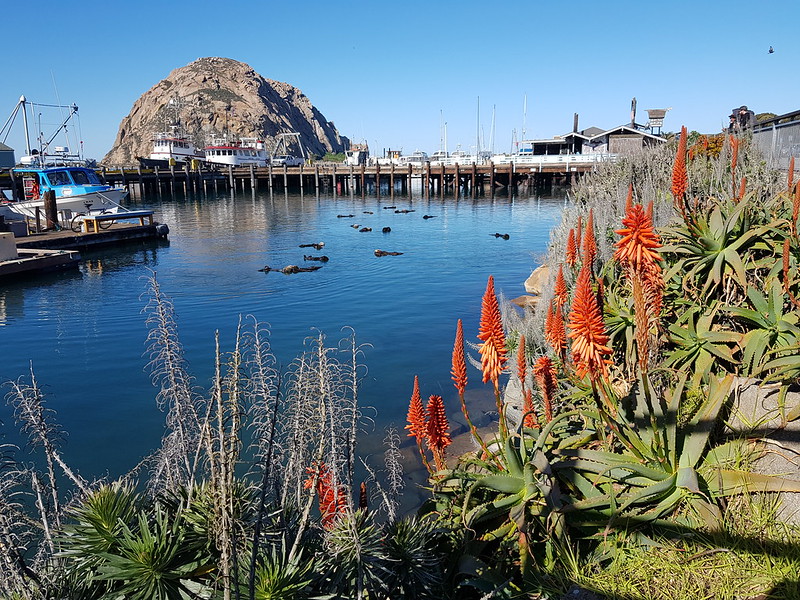 |
| Morro Bay |
After leaving Canada, we drove down to California. First thing on the agenda was a long overdue one-week vacation in Morro Bay. Our hotel room was large and nicely furnished. It even had an air-conditioner. But what it did not have was a heater, and we sure wanted one. Fortunately, there were some nice, thick blankets and we had brought along our winter coats.
We appreciated that the days were mostly sunny. The bay was full of otters and it was the time of year when the mothers would be floating around with the babies on their bellies. The orange-red aloes contrasted nicely with the blue waters of the bay. I stuck my hands between the bars of the fence to snap this photo. Sunny days in winter are my favorite time to visit the Central Coast area of California.
March - Drive in the Foothills of Fresno County
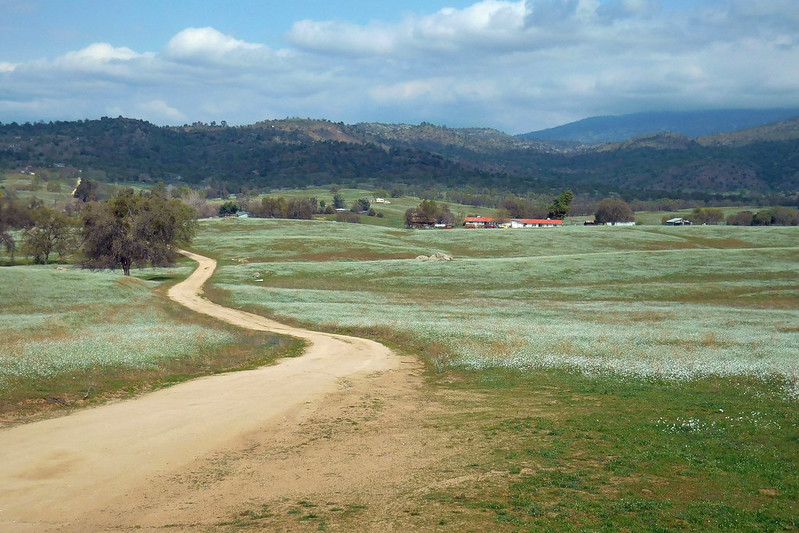 |
| Foothill Wildflowers near Tollhouse, California |
By March, COVID-19 was all over the news and travel was restricted. We got word that our return flight to Thailand, scheduled for April 15, had been canceled. We learned new words like social distancing and we began wearing masks in public. Many parks and public recreation areas were closed, but not all. So we took a drive up to the San Joaquin River Gorge to go for a walk—Ingrid's first walk on hills since her concussion. On the way home we turned down some side road I'd never been on before, and we passed this field covered with pseudo-snow (cryptantha flowers). Well worth the detour.
April - California Poppies
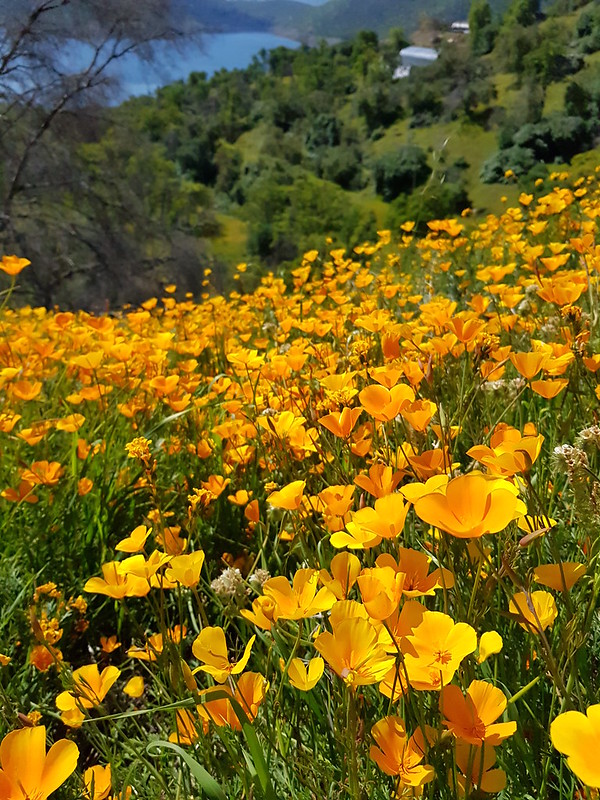 |
| California Poppies Near Pine Flat Lake |
We got tired of being trapped in the house, so one day we decided to escape to the hills, this time going to the Pine Flat Lake area. A lot of the recreation areas were closed so our visit was confined to places where we could park beside the road. Wildflowers were blooming like crazy. Many other people were out enjoying the flowers, so we tried to pick places to park where there were few or no others stopped. We found a nice spot with just enough room for the width of the car on the side of a hill. It had a southwest exposure and was covered with a blanket of flowers, mostly California poppies.
May - Painted Hills
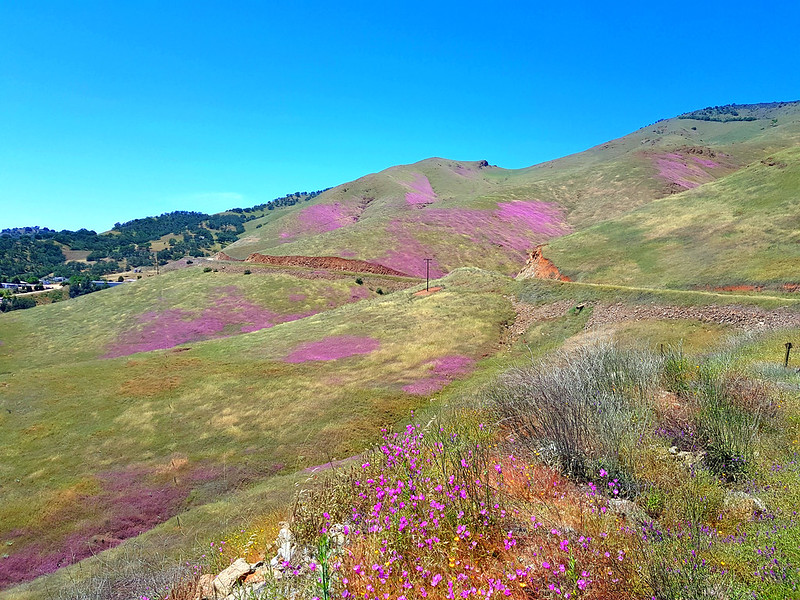 |
| Hills Painted With Clarkia Flowers Near Pine Flat Lake |
Some friends who have an acreage in the foothills invited us to stay in their trailer. They live about a mile past a locked gate off Trimmer Springs Road near Pine Flat Lake. It was the tail end of wildflower season. The earlier blooming species were fading and the late season flowers were in their prime. We left there on May 1st and decided to take the long way back to our temporary lodging in Fresno. This meant heading further away from the city before meeting a side road that would lead us back to Fresno via the Tollhouse area. It was our first time to travel this route. We were glad we made the journey, though, because God had painted the south-facing hills pink with Clarkia flowers, mostly Speckled Clarkia.
June - Big Baldy Trail
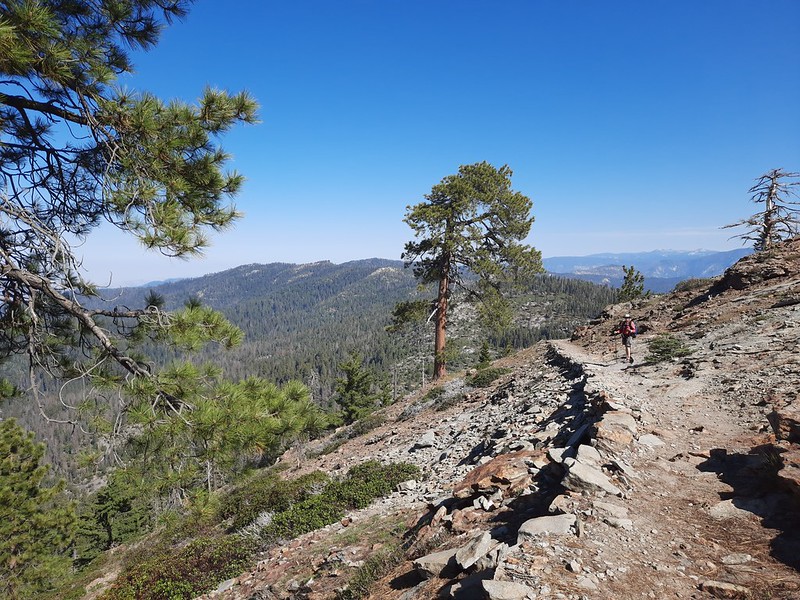 |
| Big Baldy Trail |
In June we learned that Kings Canyon and Sequoia Parks were partially opened. We took advantage of the opportunity to hike to Big Baldy. They weren't charging to enter the park at that time, but we had to deal with delays due to road construction. It was a beautiful day for the hike. We met very few people on the trail. However we did run into the son of some friends of ours whom we had not seen since we lived in Bakersfield. Back then he was just a kid, now he was out hiking with his wife and daughter.
This was our first high-altitude hiking since 2013, so it was a big workout for our lungs and the five or so miles (round-trip) seemed a lot longer. We had enough energy when we were done, though, to take the long way back through Sequoia Park, Three Rivers and Visalia.
July - Cliff Lake Hike
 |
| Cliff Lake in the Sierra National Forest |
In July, Ingrid went to visit her family in Canada. I made three trips to the mountains, which ended up being my last trips for the year because later everything was shut down due to the wildfires. The last hike I made was to Cliff Lake. The trail head is near the north end of Courtright Reservoir. One of the reasons I picked this trail was that I wanted to see if the Tioga Gentian flowers were still blooming where I remembered seeing them on one of our first trips to the area about fifteen years earlier.
There were quite a few people camping by the lake, but I headed past all the tents to the far end of the lake where I remembered seeing the flowers so many years ago. It took me a while to spot them as they are low growing and not very flashy. It was nice just to rest and eat my picnic lunch and wade out into the cool waters of the lake.
From what I can tell looking at online maps, a good portion of the trail on the way to the lake was burned over by one of the many wildfires this past summer. So the next time I go back, it may not be as pretty. It appears the area around Cliff Lake was spared, though.
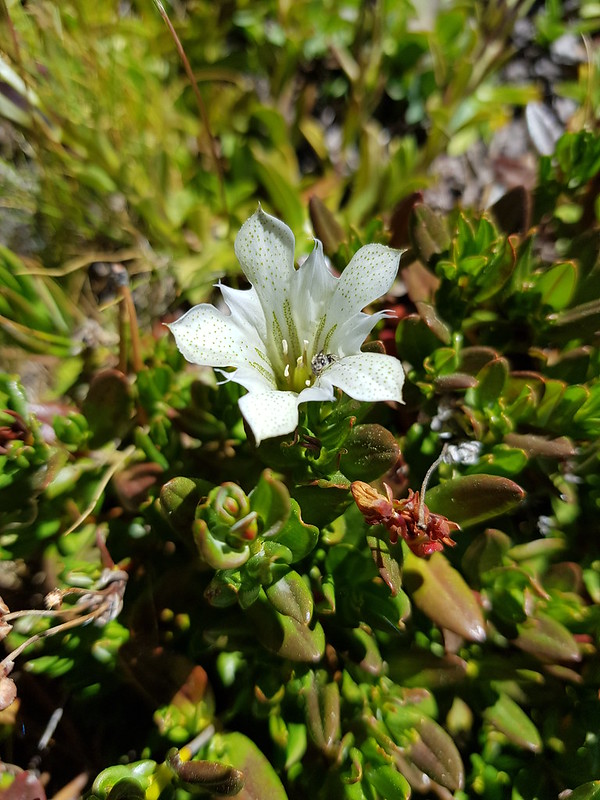 |
| Tioga Gentian |
August - Day Trip to Montana de Oro State Park
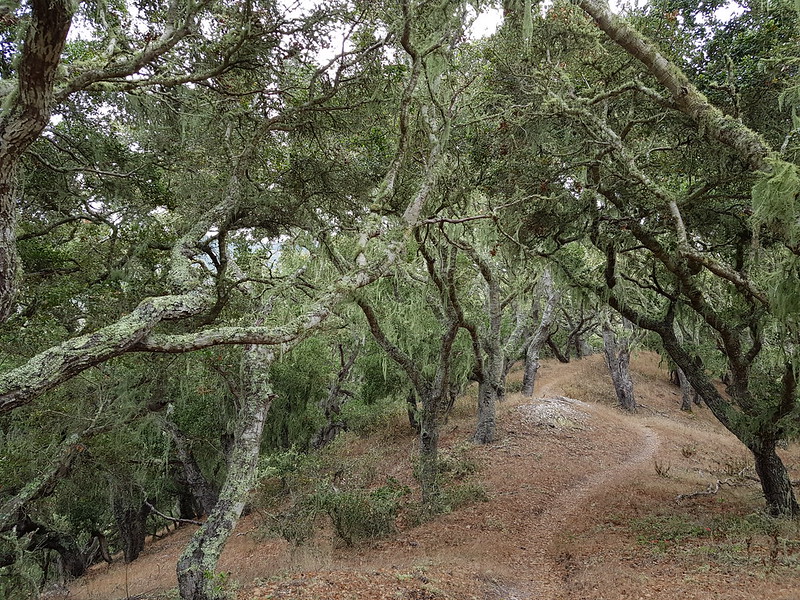 |
| Mossy Oaks in Montana de Oro State Park |
My wife's trip to Canada got extended a couple weeks. During this time, she made several outings to lakes and parks with her father. As Ingrid would describe her outings to me over the phone, I got itchy britches, wanting to make a trip to see some water. So one day, I got up very early to go to Montana de Oro State Park in San Luis Obispo County. My goal was to hike a loop trail that Ingrid and I visited in 2009. Starting at Spooner's Cove, I hiked the Valencia Peak trail, but turned off about half-way up and took the trail towards Oats I ended up on a different trail, this one was a new one put in to accomodate mountain bikes, of which I only saw one. It was quite foggy, so I did not get to enjoy what were probably some fantastic views along the way.
After Oats Peak came the part I was really looking forward to. I remembered from my previous trip that the trail passed through a grove of gnarly, moss-coved oaks in a scene that looked like it came from some fantasy movie. I was not disappointed. One thing I had forgotten about, though, was all the poison oak. Because this section of trail gets little use, it is a bit overgrown and the poison oak plants appeared to be reaching out to get me as I walked past. I did manage to escape its grasp, though sometimes I had to resort to tricky moves to do so.
Most of the trail down was quite steep, and I'm glad I brought my walking sticks to help keep from falling. The last thing I wanted to do was face plant in a poison oak covered rock. Once I reached Coon Creek, the going got a lot easier. The trail was generally flat, except for the last part where it appears we had to exit over a hill due to a land ownership change along the creek. I then walked straight out to the ocean and followed bluff trail back to Spooner's Cove, stopping to eat my lunch along the way. Altogether, probably about a 12-mile hike. I was finished early enough so that I would have time to detour to Gopher Glen to buy some organic apples on the way home.
September - Red Fox
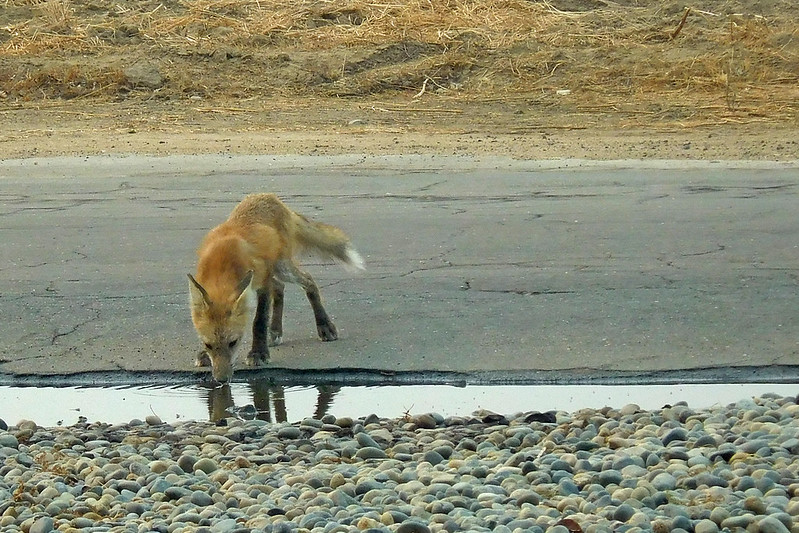 |
| Red Fox |
At the beginning of September we moved into another house in Fresno. This house we were sharing with a Paraguayan family who was also stuck in the US due to COVID-19 issues. Across the street to the south used to be an orchard, but now the land was bare as it awaits a crop of houses to be planted. A red fox lives in the neighborhood—I think it probably sleeps in the small amount of undeveloped land behind our house. Most of this area is rapidly being developed and the fox has an ever diminishing area in which to hunt food. I'm guessing he spends a lot of time looking for gophers and ground squirrels in the yet-to-be developed fields. For water to drink, the fox availed himself to the puddles that get left behind by the irrigation sprinklers, as he was doing when I snapped this photo from the kitchen window.
October - Anniversary Trip to Morro Bay
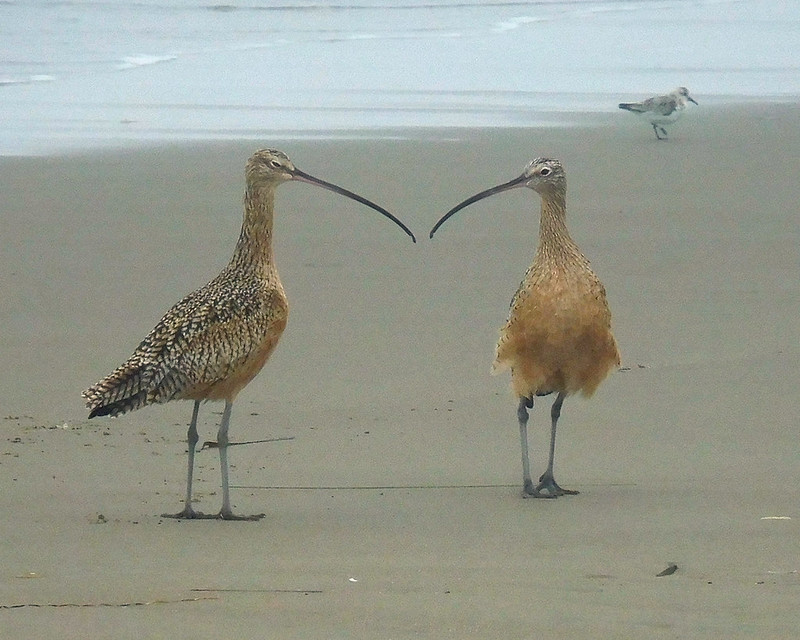 |
| Long-billed Curlew on Morro Strand Beach |
At one point, I had been dreaming of making a trip to New England for our anniversary. But we were in the midst of two online courses and it seemed a bit of a stretch to combine the studies and the travel. So we opted for and overnight trip to the coast. No strenuous hiking on this trip, just strolls along Morro Strand Beach mixed with Zoom calls for our couses. The migratory birds had started to arrive, mixing in with the resident species on the beach. At one point, there was a large flock of Royal Terns and Elegant Terns hanging out in a quiet area of the upper beach. Sanderlings, Marbled Godwits and Long-billed Curlews were chasing the waves looking for snacks. Amongst the curlews, I noticed this cute couple hanging out together, kinda like us on our anniversary.
November - Sunset in Madera County
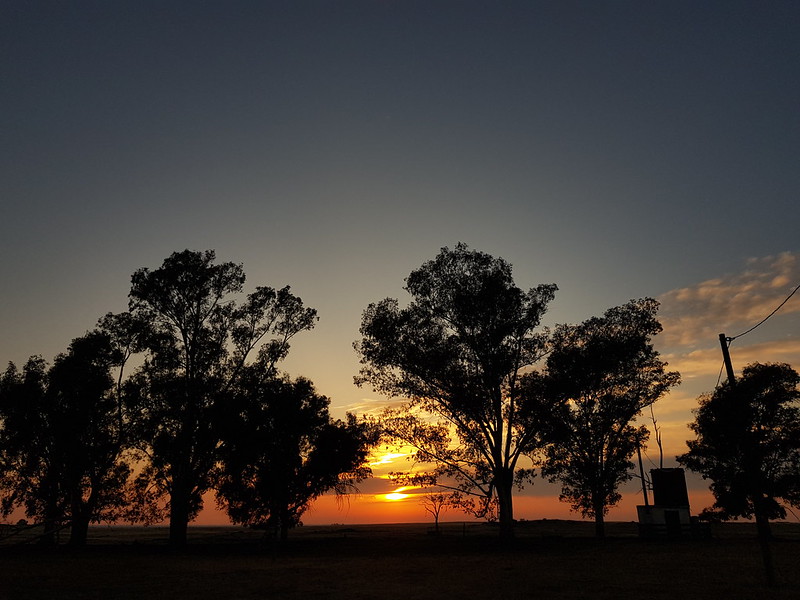 |
| Madera County Sunset |
Even though we are living in the same zip code as we always have in Fresno, we are in a different part of the city and that means we have to figure out different ways to get places. It also means we get to explore different roads. Late one afternoon, we decided to take a break from COVID captivity and go for a drive. We meandered more-or-less north, trying to see if we could get to the San Joaquin River. I purposely did not use a map or GPS to maximize opportunities for seeing new sights (that's a euphemism for "getting lost"). We took one road that headed due north—which was the way I wanted to go. There was no street sign to give me a clue as to where it might end up. Just about when I thought we were getting close to the river, the road turned right and wandered generally east. Eventually we got to a place I recognized just south of Table Mountain Casino. We drove past the casino and parked near the bridge below Friant Dam and wandered the paths by the river for a while. Leaving there, we continued north into Madera County and then west towards Highway 41. We got to Highway 41 just as the sun was setting, so we parked at the convenient Park-and-Ride lot to watch the sun go down behind the trees.
December - Day Trip to Lake Isabella
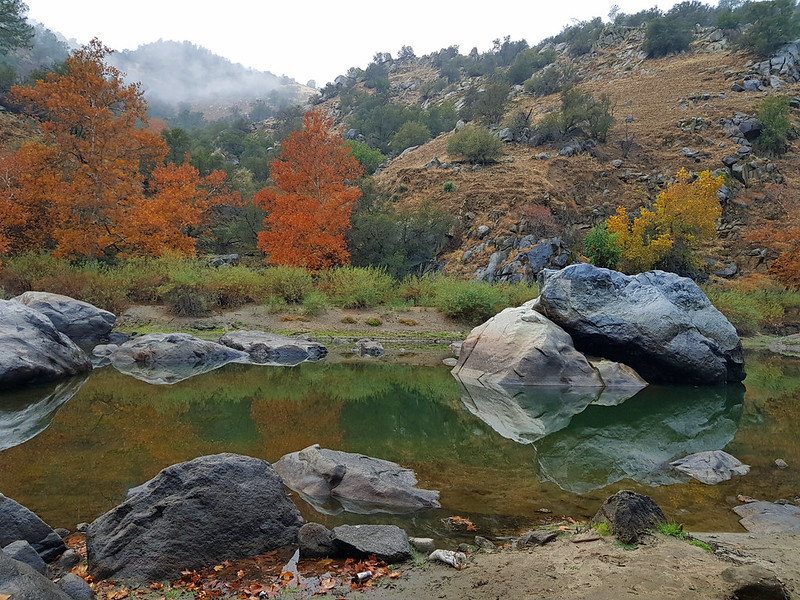 |
| Reflections in the Kern River |
We had really hoped to make a multi-day trip to Kern County to visit my cousins and do some hiking by Lake Isabella. But with COVID numbers just going crazy, we figured we'd try to more-or-less comply with government guidelines about avoiding people and crowds. So we opted for a day trip, as there were some things I needed to get from my cousin's daughter before we head back to Thailand. On the way there, we were treated with a rare sighting of a rainbow over the lake. By the time we headed back, the sun was low enough that the canyon was mostly in the shade. We pulled off to enjoy some last views of the Kern River for a few years. We happened to stop where there was a short path down to a beautiful reflecting pool in a tranquil section of the river. Apparently, this quiet spot has a different character in the spring runoff season as there was a memorial to a person who died there this past year.
We lingered at the river for a while, trying to savor the moment. Memories come back of the many trips I made in through this canyon. Memories of a bygone time when California was so new to us and full of hopes, some which came to fruition and some which died difficult deaths. Memories of a time when my cousin, who was such an inspiration to me, was still alive in this world. So much has happened since we first drove through that canyon 27 years ago. I want to cherish the memories there by the river while I have opportunity, for life will move on and God has some new memories that He yet wants to make in our lives next year.

